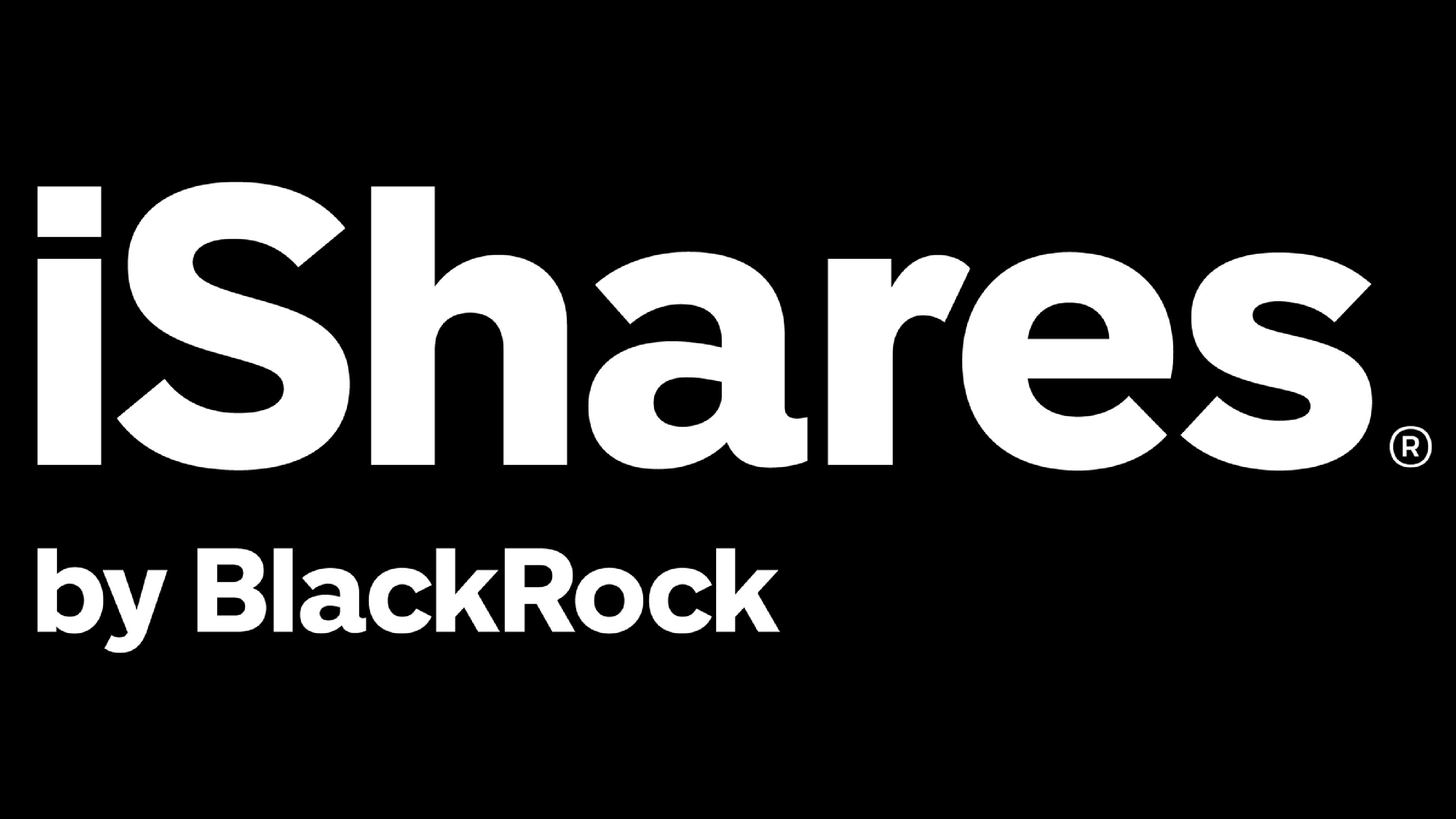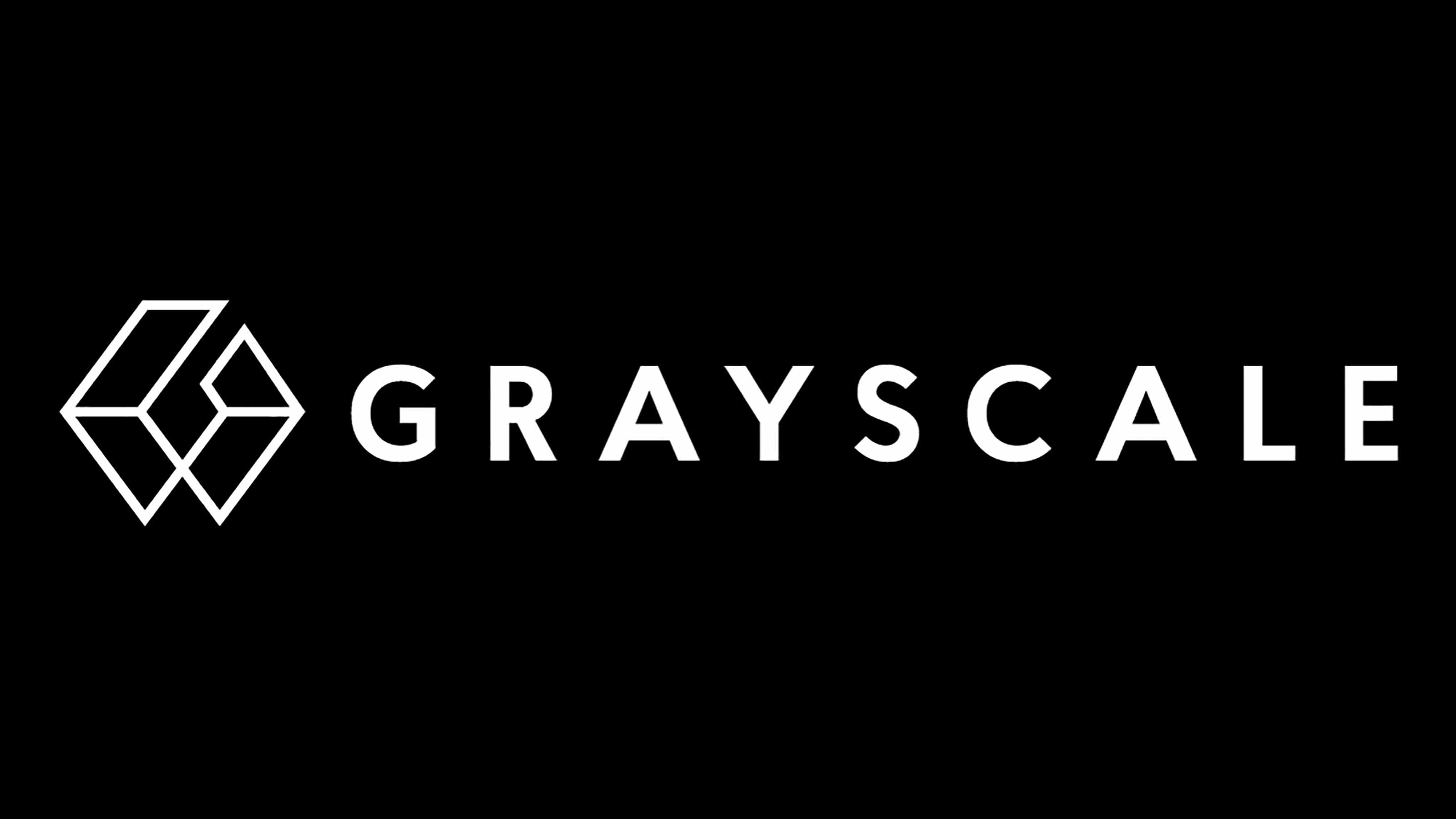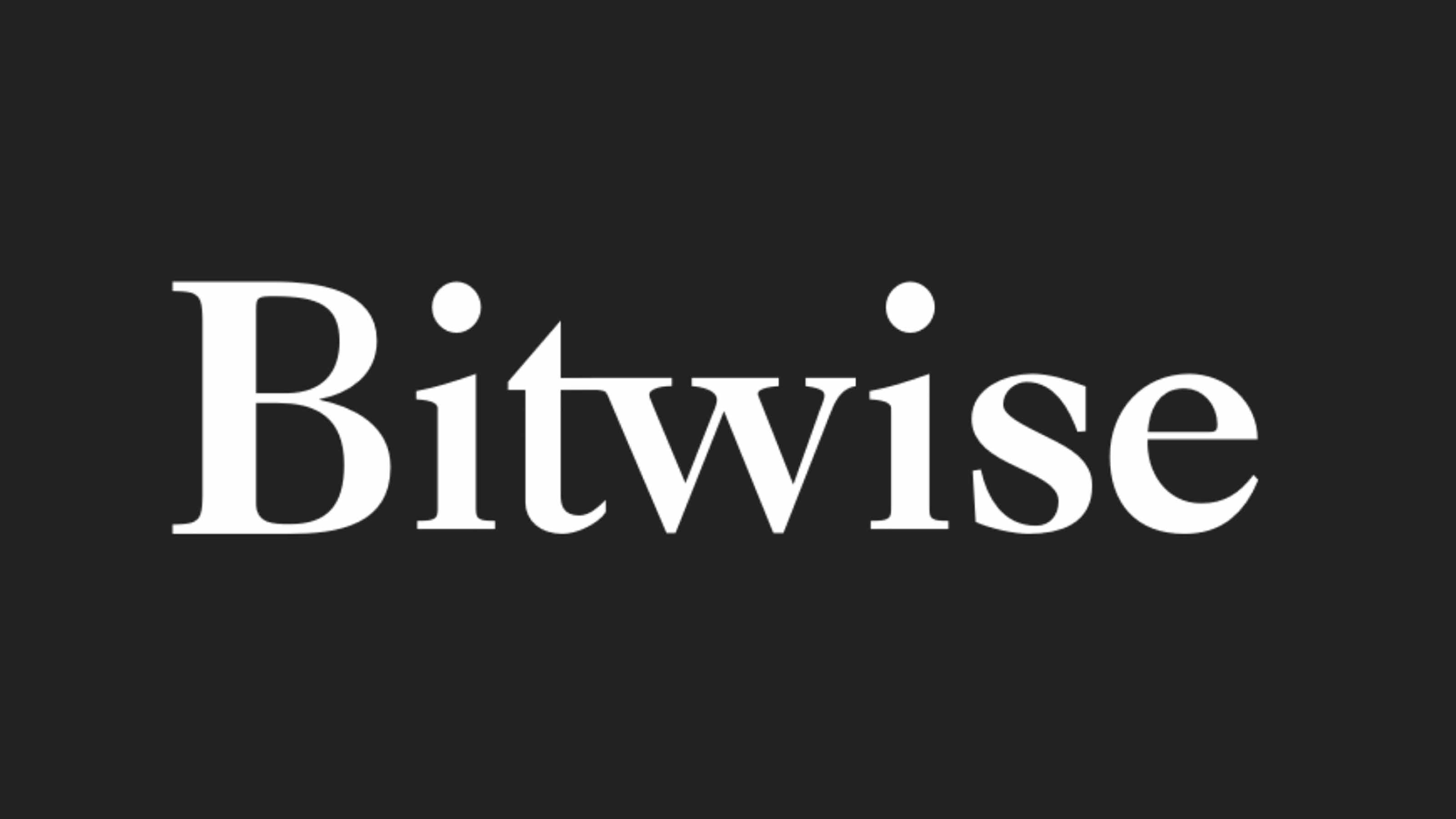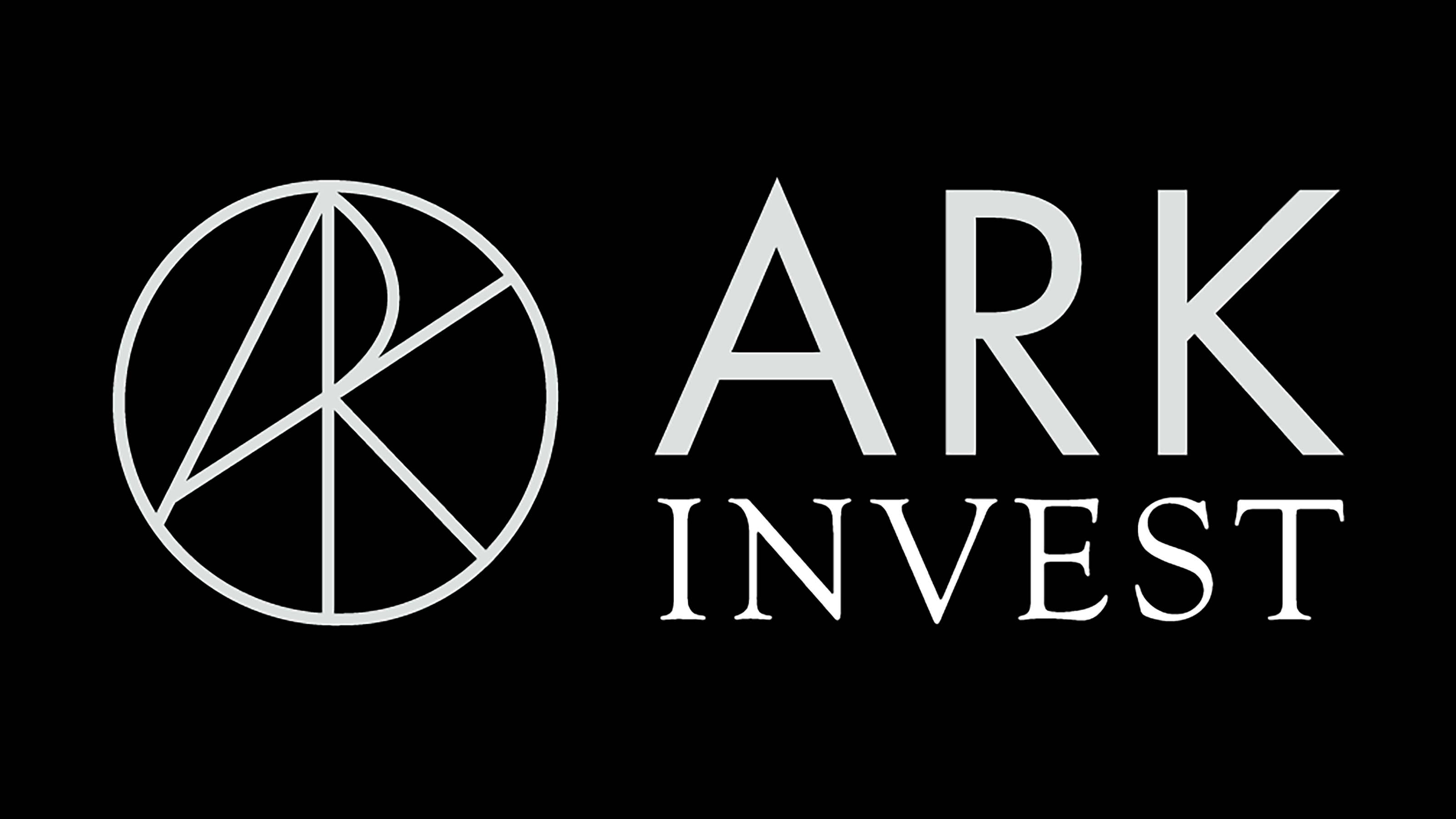The Best Bitcoin ETFs to Buy
Bitcoin ETFs eliminate the need for self-custody of the cryptocurrency while providing excellent liquidity. Here are a few we like.


Profit and prosper with the best of Kiplinger's advice on investing, taxes, retirement, personal finance and much more. Delivered daily. Enter your email in the box and click Sign Me Up.
You are now subscribed
Your newsletter sign-up was successful
Want to add more newsletters?

Delivered daily
Kiplinger Today
Profit and prosper with the best of Kiplinger's advice on investing, taxes, retirement, personal finance and much more delivered daily. Smart money moves start here.

Sent five days a week
Kiplinger A Step Ahead
Get practical help to make better financial decisions in your everyday life, from spending to savings on top deals.

Delivered daily
Kiplinger Closing Bell
Get today's biggest financial and investing headlines delivered to your inbox every day the U.S. stock market is open.

Sent twice a week
Kiplinger Adviser Intel
Financial pros across the country share best practices and fresh tactics to preserve and grow your wealth.

Delivered weekly
Kiplinger Tax Tips
Trim your federal and state tax bills with practical tax-planning and tax-cutting strategies.

Sent twice a week
Kiplinger Retirement Tips
Your twice-a-week guide to planning and enjoying a financially secure and richly rewarding retirement

Sent bimonthly.
Kiplinger Adviser Angle
Insights for advisers, wealth managers and other financial professionals.

Sent twice a week
Kiplinger Investing Weekly
Your twice-a-week roundup of promising stocks, funds, companies and industries you should consider, ones you should avoid, and why.

Sent weekly for six weeks
Kiplinger Invest for Retirement
Your step-by-step six-part series on how to invest for retirement, from devising a successful strategy to exactly which investments to choose.
The bitcoin hype train came roaring out of the gates in January 2024 with the launch of multiple spot bitcoin ETFs, marking a transformative moment for cryptocurrency investing.
Unlike older exchange-traded funds that only held bitcoin futures or operated as closed-end trusts, these new funds were true, open-ended ETFs holding actual bitcoin with custodians — and giving investors direct exposure to the digital currency.
Momentum carried throughout 2024, sending bitcoin past the coveted $100,000 milestone, a price it maintained into January 2025, bolstered by President Donald Trump's pro-bitcoin stance. Among many developments, his administration has proposed a federal regulatory framework for a digital assets reserve, creating optimism for broader adoption.
Additionally, the Securities and Exchange Commission (SEC), led by Paul Atkins, made a significant policy shift by eliminating SAB 121 guidance. This rule had required banks to classify customer-owned crypto as liabilities, which made it challenging for them to custody crypto assets. Its removal has paved the way for more institutions to engage with bitcoin and has further legitimized the popularity of bitcoin-linked assets like ETFs.
Bitcoin hit an all-time high near $125,000 in early October thanks to "the combination of expected Fed easing and renewed optimism around U.S–China trade talks," says David Hernandez, crypto investment specialist at 21Shares.
And while the cryptocurrency has eased back from this price peak, Hernandez says additional Fed rate cuts and progress on the trade front could spark "a fresh wave of speculative inflows" for risk assets, especially bitcoin: "With institutional demand still building and macro conditions turning more favorable, Bitcoin appears poised to punch past its prior $125k highs into year-end."
Why invest in bitcoin ETFs?
Despite the crypto community's mantra of "not your keys, not your coins," which emphasizes the importance of self-custody for digital assets, there are many reasons why the average investor might prefer a bitcoin ETF over holding bitcoin directly.
The first is accessibility. Outside of niche solutions like a bitcoin IRA, it's difficult to hold crypto assets in tax-sheltered accounts like a traditional or Roth IRA.
Spot bitcoin ETFs, however, are eligible investments at most major brokerage platforms, making them an easy choice for investors looking to integrate bitcoin into their retirement or taxable portfolios.
Simplicity is another key selling point. With a bitcoin ETF, there's no need to navigate the complexities of self-custody, such as safeguarding a seed phrase or using a hardware wallet like a Ledger or Trezor.
These devices, while secure, require significant technical knowledge to operate and manage. By contrast, the ETF issuer and its custodian handle the safekeeping of the underlying bitcoin.
Speaking of security, the bitcoin held by these exchange-traded funds is predominantly stored in cold storage: a secure, offline environment that’s virtually immune to hacking. Only a small portion of the bitcoin is kept in a hot wallet — an internet-connected wallet — for the operational needs of ETF creation and redemption.
This cold storage strategy ensures the safety of the ETF's assets, addressing concerns that arose after high-profile failures of crypto exchanges like FTX, Voyager and Celsius in 2022.
That said, bitcoin ETFs aren't perfect. They only trade during regular stock market hours, unlike bitcoin itself, which trades 24/7. They also charge management fees, and unlike holding bitcoin directly, you can't exchange an ETF share for actual bitcoin.
Still, for retail investors, these funds represent a straightforward, economical, and secure way to gain exposure to bitcoin without the headaches of self-custody or the risks of crypto exchange failures.
How we chose the best bitcoin ETFs to buy
We limited our scope to spot bitcoin ETFs and avoided futures-based, leveraged, inverse or covered-call funds. To further narrow down the options, we focused on three key factors: fees, liquidity and reputability.
Fees are straightforward: The less you pay, the more you keep. While many bitcoin ETFs initially offered fee waivers to attract investors, these waivers have largely expired, making it easier to compare funds on a level playing field.
Liquidity measures how easily and cost-effectively you can trade the ETF. We prioritized funds with low 30-day median bid-ask spreads, because a lower spread means you pay less in implicit costs when buying or selling shares.
Reputability focuses on funds that have attracted significant assets under management (AUM), typically above $1 billion, as this level of AUM reflects strong investor confidence. We also prioritized ETFs offered by well-established digital asset managers or legacy asset management firms.
Data is as of October 30.

iShares Bitcoin Trust ETF
- Assets under management: $89.4 billion
- Expenses: 0.25%
- 30-day median bid-ask spread: 0%
The iShares Bitcoin Trust ETF (IBIT), is now the largest spot bitcoin ETF, making it one of the most successful ETF launches in history. Indeed, it took the iShares fund just 341 days to surpass $70 billion in assets under management, the quickest of any ETF ever. The SPDR Gold Shares Trust (GLD) held the previous record of 1,691 days from launch to reach $70 billion in AUM.
The fund tracks the CME CF Bitcoin Reference Rate – New York Variant Index and uses Coinbase Prime as its custodian. Its approval for options trading further enhances its appeal.

Grayscale Bitcoin Mini Trust ETF
- Assets under management: $5.4 billion
- Expenses: 0.15%
- 30-day median bid-ask spread: 0%
The Grayscale Bitcoin Mini Trust ETF (BTC) was launched as a more affordable alternative to Grayscale's flagship exchange-traded fund, the Grayscale Bitcoin Trust (GBTC). GBTC saw steady outflows due to a high 1.5% expense ratio as investors flocked to newly launched, cheaper competitors.
To address this, Grayscale spun off 10% of GBTC's assets into BTC, offering a dramatically reduced expense ratio of 0.15%. BTC holds the same underlying assets as GBTC, tracking the value of bitcoin through institutional-grade custody and cold storage solutions.

Bitwise Bitcoin ETF
- Assets under management: $4.6 billion
- Expenses: 0.20%
- 30-day median bid-ask spread: 0%
The Bitwise Bitcoin ETF (BITB) stands out as a direct competitor to Grayscale, backed by Bitwise, a dedicated digital asset manager with an emphasis on transparency.
BITB not only discloses the number of bitcoin held in trust and the amount corresponding to each share but also uniquely publishes all its public bitcoin holding addresses. This approach allows investors to independently verify proof of reserves and track transactions, providing an added layer of trust and accountability.

Fidelity Wise Origin Bitcoin Fund
- Assets under management: $22.9 billion
- Expenses: 0.25%
- 30-day median bid-ask spread: 0%
The Fidelity Wise Origin Bitcoin Fund (FBTC) marks Fidelity's entry into the spot bitcoin ETF market, building on its reputation for mutual funds and brokerage services.
Like many other bitcoin ETFs, it’s structured as a grantor trust and tracks Fidelity's proprietary bitcoin benchmark total return index. It’s as no-frills and vanilla as bitcoin ETFs come.

ARK 21Shares Bitcoin ETF
- Assets under management: $4.8 billion
- Expenses: 0.21%
- 30-day median bid-ask spread: 0%
The ARK 21Shares Bitcoin ETF (ARKB) is a collaboration between Ark Invest, led by Cathie Wood and known for thematic innovation ETFs, and digital asset manager 21Shares.
ARKB tracks the same benchmark as iShares' IBIT — the CME CF Bitcoin Reference Rate – New York Variant — and employs the widely used grantor trust structure for holding bitcoin.
Learn more about ARKB at the ARK Invest provider site.
Related content
Profit and prosper with the best of Kiplinger's advice on investing, taxes, retirement, personal finance and much more. Delivered daily. Enter your email in the box and click Sign Me Up.
Tony started investing during the 2017 marijuana stock bubble. After incurring some hilarious losses on various poor stock picks, he now adheres to Bogleheads-style passive investing strategies using index ETFs. Tony graduated in 2023 from Columbia University with a Master's degree in risk management. He holds the Certified ETF Advisor (CETF®) designation from The ETF Institute. Tony's work has also appeared in U.S. News & World Report, USA Today, ETF Central, The Motley Fool, TheStreet, and Benzinga. He is the founder of ETF Portfolio Blueprint.
-
 Ask the Tax Editor: Federal Income Tax Deductions
Ask the Tax Editor: Federal Income Tax DeductionsAsk the Editor In this week's Ask the Editor Q&A, Joy Taylor answers questions on federal income tax deductions
-
 States With No-Fault Car Insurance Laws (and How No-Fault Car Insurance Works)
States With No-Fault Car Insurance Laws (and How No-Fault Car Insurance Works)A breakdown of the confusing rules around no-fault car insurance in every state where it exists.
-
 7 Frugal Habits to Keep Even When You're Rich
7 Frugal Habits to Keep Even When You're RichSome frugal habits are worth it, no matter what tax bracket you're in.
-
 The Best Precious Metals ETFs to Buy in 2026
The Best Precious Metals ETFs to Buy in 2026Precious metals ETFs provide a hedge against monetary debasement and exposure to industrial-related tailwinds from emerging markets.
-
 For the 2% Club, the Guardrails Approach and the 4% Rule Do Not Work: Here's What Works Instead
For the 2% Club, the Guardrails Approach and the 4% Rule Do Not Work: Here's What Works InsteadFor retirees with a pension, traditional withdrawal rules could be too restrictive. You need a tailored income plan that is much more flexible and realistic.
-
 Retiring Next Year? Now Is the Time to Start Designing What Your Retirement Will Look Like
Retiring Next Year? Now Is the Time to Start Designing What Your Retirement Will Look LikeThis is when you should be shifting your focus from growing your portfolio to designing an income and tax strategy that aligns your resources with your purpose.
-
 I'm a Financial Planner: This Layered Approach for Your Retirement Money Can Help Lower Your Stress
I'm a Financial Planner: This Layered Approach for Your Retirement Money Can Help Lower Your StressTo be confident about retirement, consider building a safety net by dividing assets into distinct layers and establishing a regular review process. Here's how.
-
 Stocks Sink With Alphabet, Bitcoin: Stock Market Today
Stocks Sink With Alphabet, Bitcoin: Stock Market TodayA dismal round of jobs data did little to lift sentiment on Thursday.
-
 The 4 Estate Planning Documents Every High-Net-Worth Family Needs (Not Just a Will)
The 4 Estate Planning Documents Every High-Net-Worth Family Needs (Not Just a Will)The key to successful estate planning for HNW families isn't just drafting these four documents, but ensuring they're current and immediately accessible.
-
 Love and Legacy: What Couples Rarely Talk About (But Should)
Love and Legacy: What Couples Rarely Talk About (But Should)Couples who talk openly about finances, including estate planning, are more likely to head into retirement joyfully. How can you get the conversation going?
-
 How to Get the Fair Value for Your Shares When You Are in the Minority Vote on a Sale of Substantially All Corporate Assets
How to Get the Fair Value for Your Shares When You Are in the Minority Vote on a Sale of Substantially All Corporate AssetsWhen a sale of substantially all corporate assets is approved by majority vote, shareholders on the losing side of the vote should understand their rights.

